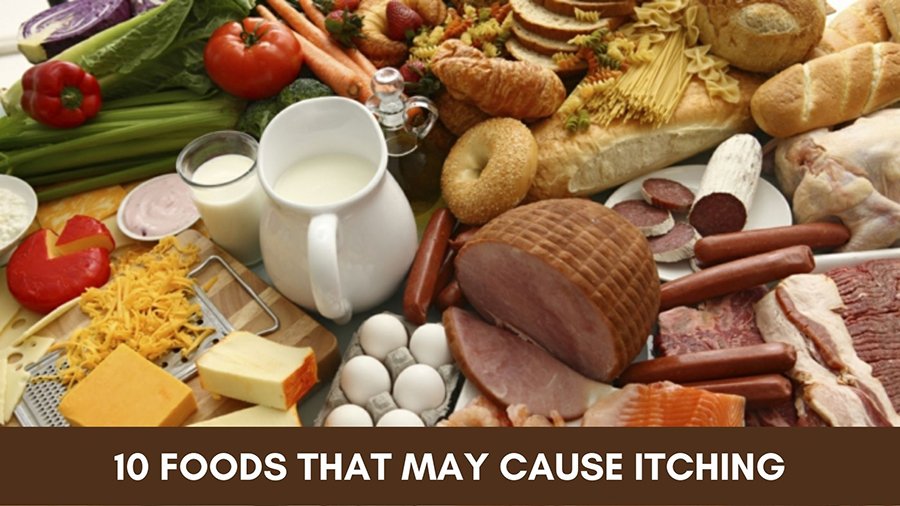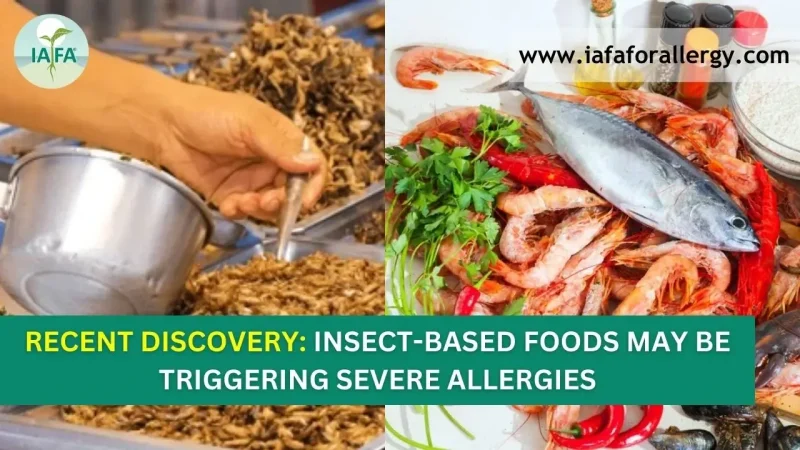Skin conditions and allergies can be quite stressful for they affect the appearance as well as cause a great deal of discomfort. Skin allergy may result from various different causes, food being one of the most common ones.
Food allergies typically result from exposure to protein which is present in various foods, that the immune system mistakes as a threat and begins to produce antibodies to fight against it.
Foods that cause itching as the earliest symptom of an allergic reaction must be identified and eliminated from the diet as the body releases certain chemicals as a defense mechanism against the false alarm which may later lead to other severe symptoms including rashes, inflammation, and redness.
10 Most Common Allergy Causing Foods
Let us know about 10 Foods that may cause Itching as an Allergic Reaction below:-
1. Soy:
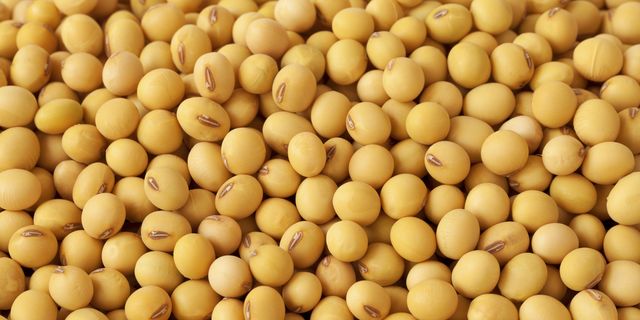
- Soy allergy is extremely common in children and happens because of the soy protein which is found in various soy-based products such as tofu, soy-bean, miso, tempeh, and edamame.
- Soy allergies are most common amongst children and infants.
- This mostly causes atopic dermatitis, a skin condition that is accompanied by itching, inflammation, and rashes.
- Other effects of soy allergy include stomach ache, wheezing, swelling, and tingling of the mouth.
2. Egg:

- Egg allergy is mostly seen in children below the age of 16 but maybe outgrown after a certain age.
- Causes shortness of breath, stomach ache, and development of an itchy rash, if consumed by a person whose allergic to it.
- Avoid food allergy caused by eggs can be answered simply by avoiding products that contain egg and indirectly and also by completely eliminating consumption of direct eggs in any form from the diet.
3. Peanuts:
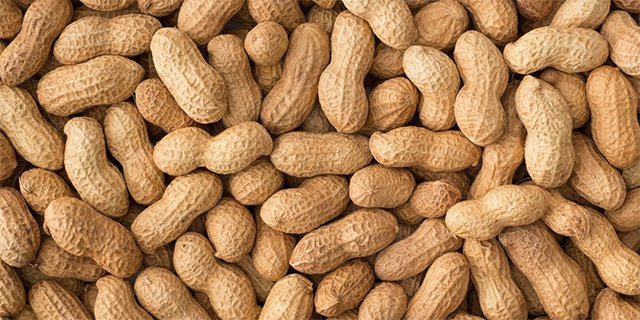
- Allergies caused by peanuts are not only the most common amongst food allergies but also the most dangerous ones.
- A person allergic to peanuts shows severe symptoms like shortness of breath, stomach ache, excessive itching throughout the body, wheezing, swelling under the skin, and digestion issues.
- Specific proteins found in peanuts are considered to trigger threats in the body.
4. Cow’s Milk:

- Whey and casein are the two proteins present in cow’s milk that are chiefly responsible for causing milk-based allergy.
- This food allergy again is extremely common amongst infants and children.
- The common symptoms of Cow’s milk allergy include tingling and itching around the mouth and swelling of the mouth, lips, and throat.
- It may also cause diarrhea, vomiting, wheezing, anaphylaxis, and stomach cramps.
- Milk or dairy-based products and Foods that cause skin allergy must be avoided to prevent symptoms, which includes cheese, yogurt, and ice cream.
5. Wheat:
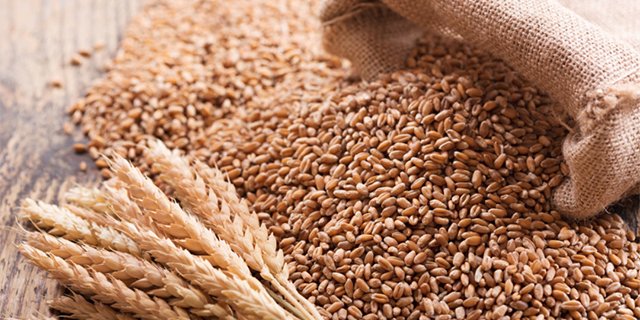
- Allergies caused by the consumption of wheat are amongst the most common ones and constitute about 1% of cases throughout the world including adults and children.
- The proteins present in wheat that are responsible for causing allergies includes globulin, gluten, albumin, and gliadin.
- Common symptoms caused due wheat allergy include digestion issues, itching, and respiratory problems.
- Wheat products such as bread, bakery products, Indian bread, pasta, crackers, couscous, and farina must strictly be avoided to prevent any symptoms.
6. Shellfish:
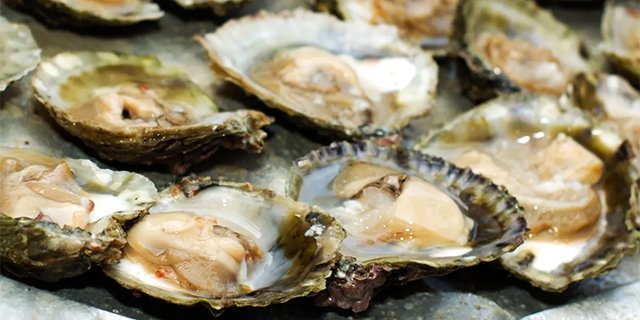
- Shellfish allergies are caused by the tropomyosin protein present in them.
- Shellfish are fish with a hard, shell-like exterior, and include lobsters, crabs, squids, shrimps, and oysters.
- In mild cases, shellfish allergies show symptoms of itching, hives, and skin rashes.
- In severe cases, it can cause blood pressure issues, anaphylaxis, wheezing, and it can even be fatal.
- One must necessarily avoid consuming shellfish if one is sensitive to it.
7. Tree Nuts:
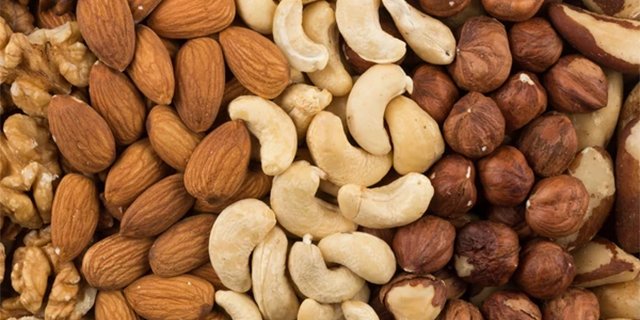
- Nuts that grow on the trees cause allergies related to the tree nuts which include almonds, pecans, walnuts, cashews, pistachios, hazelnut, and Brazil nuts.
- Tree nut allergies are very common and affect about 4.9% of the global population.
- Oleosins, legumin, 2S albumins, and vicilins are the proteins responsible for causing tree nut allergies.
- Symptoms caused by tree nut allergies include itching, tingling of the mouth, swelling, and rashes.
- Hay fever, eczema, and asthma are amongst the severe symptoms.
- Tree nuts and foods containing tree nuts must be avoided.
8. Fish:

- Fish allergies are caused as a result of sensitivity against finned fish such as tuna, catfish, salmon, and cod.
- Parvalbumins are the proteins present in fish that cause these allergic reactions.
- Exposure to these proteins can produce symptoms like itching, hives, congestion, and stomach ache.
- Fish and fish products must be avoided to prevent the contraction of allergies.
9. Meat:
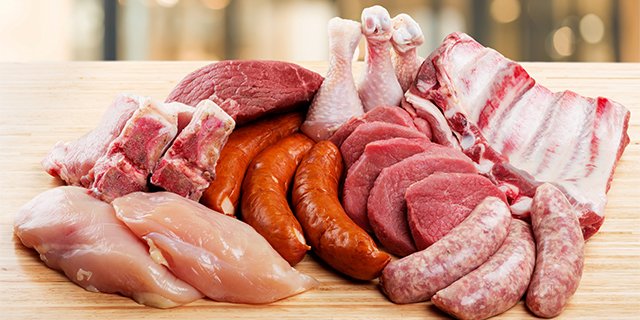
- Meat allergies may be caused by the consumption of lamb meat, pork, beef, and goat meat.
- Common symptoms include indigestion, stomach ache, runny nose, itching, and swollen lips.
- One must refrain from meat consumption if he/she is allergic to it.
10. Chamomile:

- This one is amongst the rare allergens.
- People who are usually allergic to plants may also develop allergies to chamomile.
- Symptoms include vomiting, dizziness, itching, and digestion issues.
Conclusion
Foods that cause Skin Irritation must be strictly refrained from to avoid any complications and discomfort. Certain substitutes and alternatives may be suggested by your healthcare providers in case you are allergic to a particular food or ingredient.
To seek assistance for avoiding skin allergies, you may contact us at IAFA® and healthcare experts, who can guide and also suggest certain treatment measures and alternatives to avoid the risk of skin allergies and conditions.


